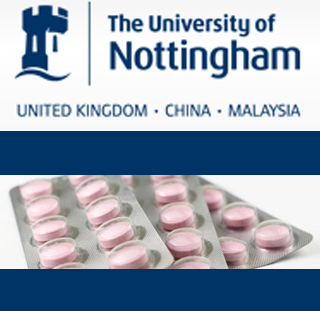
As a part of the study, scientists examined all teenage pregnancies, including two sub-groups of under-18s as well as under-16s, between 1998 and 2004. For calculating the STIs, data on the number of diagnoses of the main STIs at genitourinary medicine (GUM) clinics in the same age groups was thoroughly evaluated. The results were then compared with a control group of women aged over 24. None of the participants from the control group had access to pharmacy EBC schemes. A downward trend of teenage conception rates from a peak in 1998 till 2003 was registered, along with a small increase in 2004.
“Our study illustrates how government interventions can sometimes lead to unfortunate unintended consequences. The fact that STI diagnoses increased in areas with EBC schemes will raise questions over whether these schemes represent the best use of public money,†revealed Professor David Paton.
The rate of STIs among teenagers and older women apparently elevated at a consistent pace over the period. While the rate among teenagers increased rapidly, the rate in older women seemingly widened with progression in EBC schemes for reducing teenage pregnancies. However, it appeared that EBC schemes failed to produce any positive outcome on the number of teenage conception rates. It was observed that the morning after pill, a substitute for condoms or any other birth control measures, may not provide any benefits as an emergency contraceptive, but heightens the risk of developing STIs.
The study was recently published online in the Journal of Health Economics.
